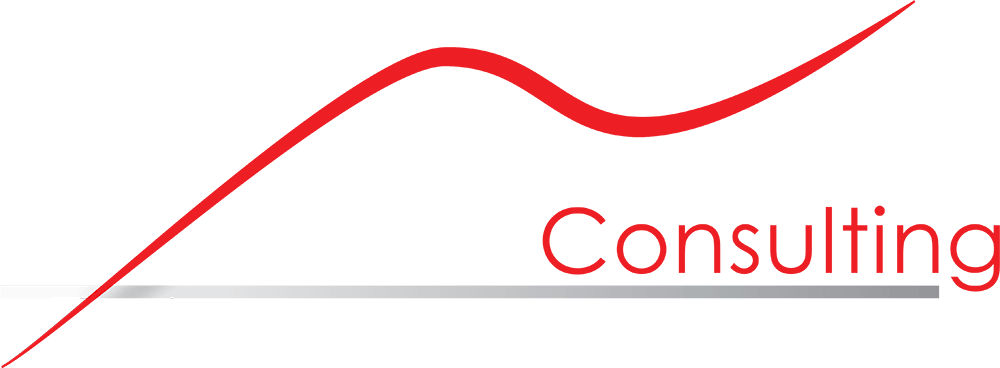Frequently Asked Questions (FAQ)
1. How do I evaluate if Procore is right for my construction business?
A proper evaluation requires a deep analysis of your current business processes, operational pain points, and long-term goals. An expert can facilitate this by auditing your workflows and providing a clear cost-benefit analysis to determine if Procore truly aligns with your company’s needs.
2. What are the signs my business needs help with its Procore account?
Common signs include low user adoption, inconsistent data entry, and a feeling that you’re not using the software to its full potential. If your team still relies on old, inefficient workarounds or you can’t get reliable reports, it’s a strong indicator that you could benefit from expert Procore guidance.
3. What is the ROI of hiring a Procore implementation consultant?
Hiring a consultant maximizes your ROI by ensuring the platform is configured correctly to your specific needs right from the start, which accelerates user adoption and efficiency. This prevents costly rework and data issues, allowing you to realize the full value of your investment much faster.
4. What should I look for in a Procore consulting firm?
Look for a firm with deep, hands-on experience in the construction industry, not just IT expertise. They should offer a full spectrum of services, from initial evaluation and implementation to custom training and ongoing support, demonstrating a commitment to a long-term partnership.
5. What are the first steps for a successful Procore implementation?
A successful implementation always begins with a thorough discovery phase to map your existing workflows and define clear objectives for the new system. This is followed by creating a detailed project plan that includes data migration, system configuration, and a phased rollout strategy.
6. How do you customize Procore for specific construction workflows?
Procore can be tailored by creating custom templates, fields, and workflows for everything from submittals and RFIs to financial management. TO inform these custom actions, Ascent Procore Experts lead workshops with your team to define these unique processes and configure the platform to match how you build.
7. What does a typical Procore implementation process look like step-by-step?
The process generally includes a discovery and planning phase, followed by system configuration, where tools and permissions are set up. Next comes data migration, comprehensive team training, and finally, a phased go-live with dedicated support to manage the transition smoothly.
8. What is the best way to train employees on Procore?
The most effective training is role-based, hands-on, and customized to your company’s specific workflows. Instead of generic tutorials, tailored training sessions ensure each team member—from the field to the office—understands how to use Procore for their specific daily tasks.
9. How do you handle data migration when implementing Procore?
Proper data migration requires careful planning to map fields from your old systems to Procore and cleanse the data before transfer. This process is critical for ensuring that historical data is accurate and usable for reporting within the new platform and is best handled by experienced technicians.
10. What kind of support is needed during a Procore implementation?
During implementation, you need dedicated project management to keep the project on track and technical experts to handle configuration and integration challenges. Having this hands-on support is crucial for troubleshooting issues in real-time and ensuring a seamless transition for your team.


